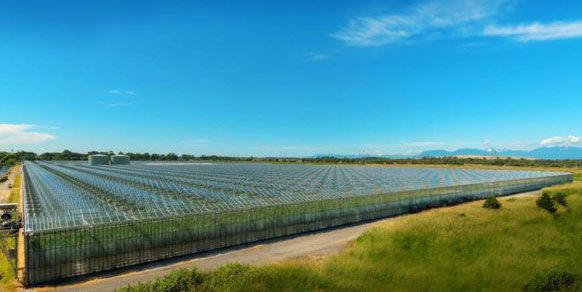Canadian cannabis regulator Health Canada is reminding licensed producers that their THC and CBD potency labels must reflect laboratory testing results for each individual lot of marijuana.
In a market where THC content is a key selling point for dried cannabis, Health Canada’s notice might serve as an important reminder to producers that inaccurate cannabinoid content labels can attract unwanted regulatory scrutiny.
Cannabinoid labeling based on past cannabinoid values for a specific cannabis cultivar, “or other practices, do not correspond to an accurate measurement of a specific lot’s THC and CBD content values,” according to a bulletin sent to cannabis license holders Tuesday and obtained by MJBizDaily.
The reminder comes months after British Columbia cannabis producer Pure Sunfarms filed an inquiry with Health Canada seeking clarification on cannabis labeling regulations.
The letter raised questions about the stated potency of some dried cannabis products from Ontario-based competitor Canopy Growth.
Canadian business news outlet BNN Bloomberg first reported the complaint in March.
Pure Sunfarms’ February letter – which has since been viewed by MJBizDaily – told Health Canada’s Cannabis Compliance Directorate that the company believed Canopy was “employing a static labelling approach” by displaying the same potency levels for multiple lots of cannabis.
The allegation stemmed from the fact that 18 separate lots of Canopy’s TWD-brand dried cannabis were all labeled as yielding exactly 20% THC, which Pure Sunfarms believed was statistically unlikely.
Static labeling “would significantly simplify production, lower costs, and streamline the supply chain if allowed,” Pure Sunfarms wrote in its letter to regulators.
Consumers at heart of matter
However, Pure Sunfarms said static labeling could “reduce the reliance that consumers can place on labels.”
“Health Canada would like to reiterate that the THC and CBD content values displayed on a dried cannabis product label should reflect the value as tested for the lot,” Health Canada noted in the bulletin it sent this week.
In an emailed statement, a Canopy Growth spokesperson did not answer MJBizDaily’s question regarding whether Canopy would change its approach to cannabinoid potency labeling but said the company “welcomes Health Canada’s updated guidance.”
“As the cannabis industry matures, it is important that labelling standards evolve to align with best practices from established industries such as beverage alcohol, natural health products, and pharmaceuticals,” wrote the spokesperson.
“The continued evolution of labelling practices is important to ensure a consistent experience for consumers.”
Pure Sunfarms CEO Mandesh Dosanjh said his company’s complaint “had less to do with Canopy specifically and more (to do with) all the bad actors that decide not to follow Health Canada rules.”
“We need to continue and build trust and confidence in consumers that we, as licensed producers, are doing the right thing,” he told MJBizDaily in an interview.
Dosanjh added that misstating cannabis potency is “the wrong thing to do to customers.”
“They rely upon that result, or that label claim on the package, to understand what they’re going to choose to do once they’ve consumed, or after they’ve consumed, and what they purchase, and we cannot take (the) safety of consumers lightly.”
Extract versus dried cannabis
Health Canada’s Tuesday bulletin also advised cannabis producers that mixing dried marijuana with extracts such as kief – loose cannabis trichomes that can be mechanically separated from buds – results in a product that is classified as an extract, not as dried cannabis.
“For example, a pre-rolled joint fortified with kief is a cannabis extract product,” the notice advised.
“Health Canada would like to remind license holders that they are required to hold a processing license with the authorization to sell cannabis extract products, in order to sell products containing kief.”
Dosanjh said Health Canada’s guidance regarding extracts was unrelated to Pure Sunfarms’ potency labeling inquiry.
However, Dosanjh said he had heard that some cannabis producers and processors were “trying to skirt (the) rules” by boosting the potency of pre-rolls with kief.
Canadian cannabis extracts are governed by a different set of regulations and excise tax requirements than dried marijuana.
“I believe that there (were) other folks in the industry that complained, or Health Canada was made aware of this issue and wanted to inform the industry at the same time as they’re making clarification around the labeling (issues),” Dosanjh said.
Solomon Israel can be reached at solomon.israel@mjbizdaily.com.





